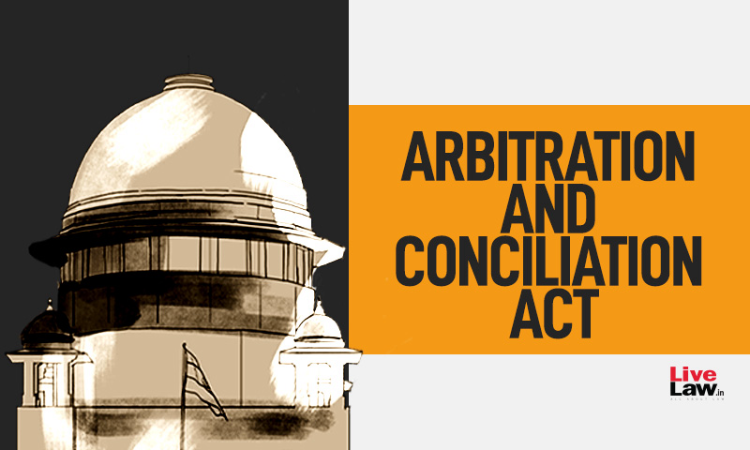Arbitrator's Can't Unilaterally Fix Fees At A Later Stage : Amicus Curiae Tells Supreme Court
Shruti Kakkar
20 April 2022 8:45 PM IST

Next Story
20 April 2022 8:45 PM IST
The Supreme Court on Wednesday continued the hearing on the issue of fixation of standards for fees for arbitrators.The bench of Justices D. Y. Chandrachud, Sanjiv Khanna and Surya Kant was considering the issue regarding the mandatory nature of the 'model' fee scale for arbitrators prescribed under the Fourth Schedule of the Arbitration and Conciliation Act 1996. In the hearing...
